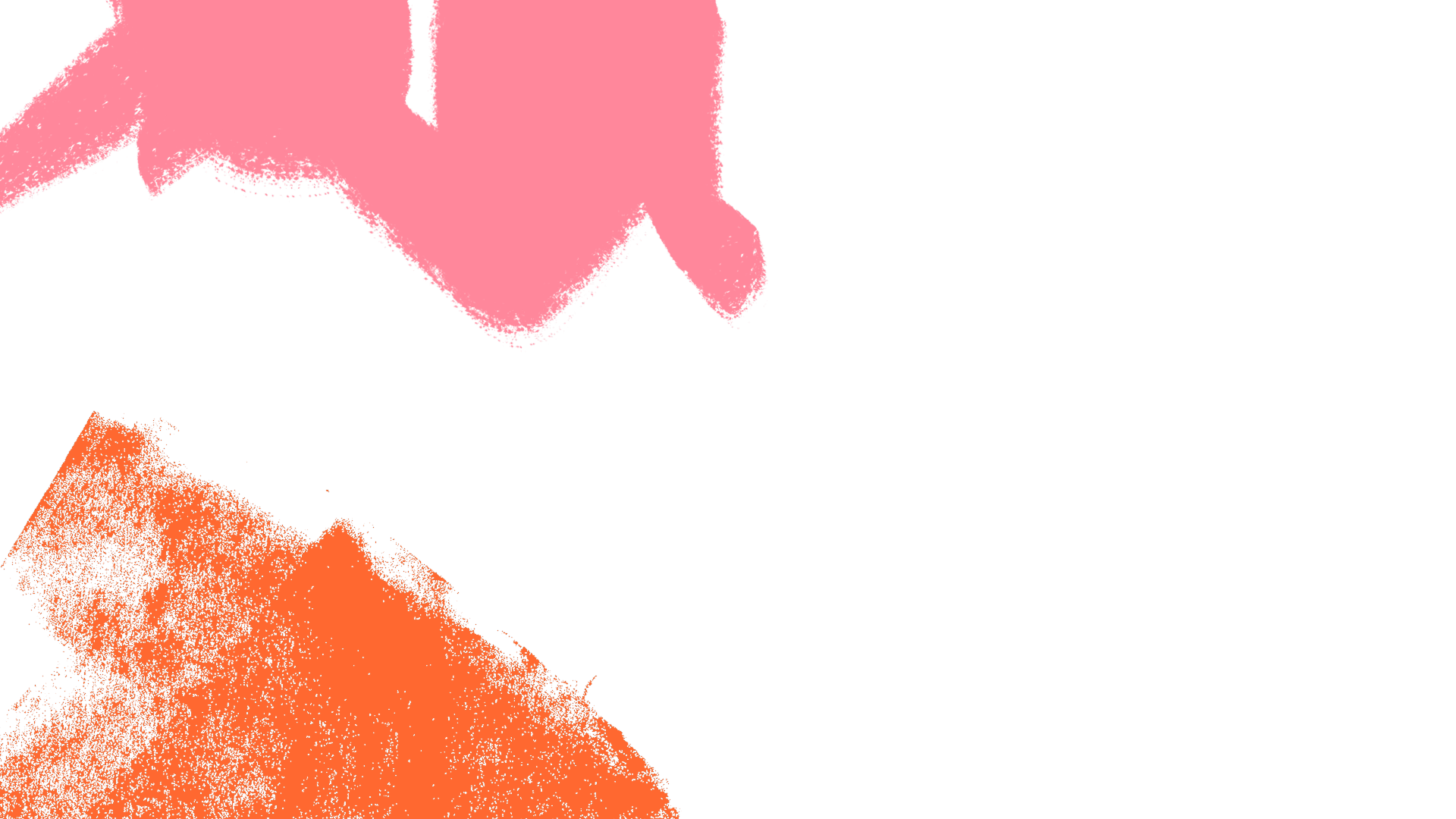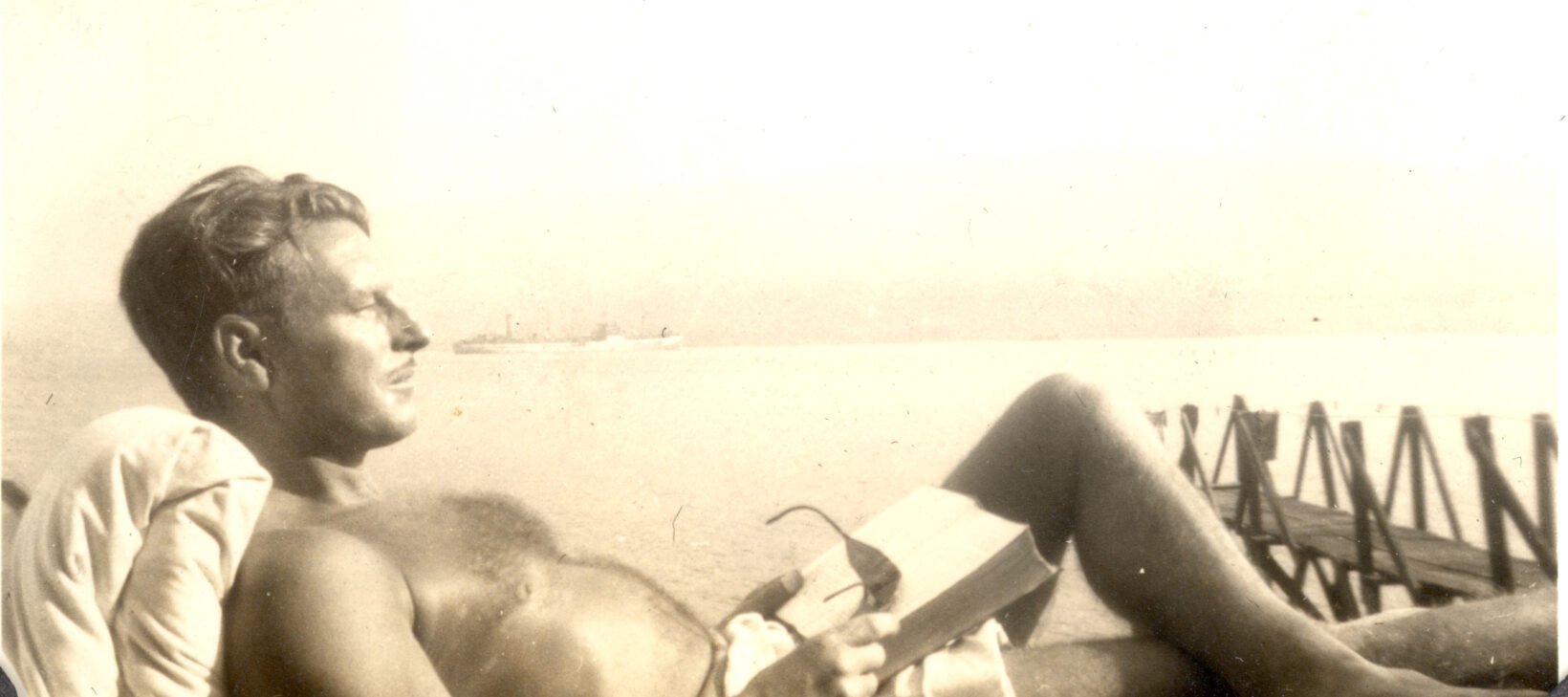Our annual celebration of Merseyside writer Malcolm Lowry (Under the Volcano) returned with an afternoon of talks and discussions at Bluecoat. Conversation focused on different aspects of his life and work, including his conflicted sexuality, the sense of place in his writing, and how it anticipates the cut-up technique of American beat writer, William Burroughs.
Presentations included one on a new research project exploring Lowry’s love of the natural world and sea voyages in relation to current environmental concerns, and another on Lowry and the Bossa Nova.
An ‘Open Malc’ invited the audience to pay tribute to New Brighton’s finest writer.
Programme
Introduction
Bryan Biggs, Ailsa Cox and Helen Tookey introduced the event with an update since the last Lowry Lounge, held in 2019. This includes Letter from Cuernavaca, a report on 2020's online Malcolm Lowry Colloquium organised by Alberto Rebollo in Mexico, and the publication of Malcolm Lowry: Remaking the Voyage (Liverpool University Press), the first collection of essays to focus on the publication of Lowry’s ‘lost’ novel, In Ballast to the White Sea.
Alan Dunn and Rob Keith - Lowry: Hear Us / Through The Panama
In this joint presentation, Alan Dunn and Rob Keith set sail through the two-year AHRC-funded project 'Hear Us O Lord From Heaven Thy Dwelling Place', including an experimental live VHF radio/visual journey through the Panama Canal and a report on the recent (calm water) sailing between Liverpool and the Isle of Man that spans the Bee Gees and Beach Buddies.
Helen Tookey – Following Lowry: Place, Text and Belonging
Helen Tookey discussed and read an extract from her work-in-progress, a creative-critical non-fiction book inspired by Bluecoat’s ongoing Lowry project. In this work, she explores the importance of place, the tension between exile and belonging, and the presence of what we would now call an ‘ecopoetics’, in Lowry’s life and work. She reflects on how a shared creative engagement with a (long-dead) writer can affect one’s own relationship to place and help generate a sense of community and belonging.
Michael Romer - Lonely Vigil: sexuality and friendship in Under the Volcano
Some signs in the first version of Lowry’s book, known as the 1940 Volcano, can be interpreted to suggest the character of Dr Vigil is gay, and that his friend Laruelle, rightly or wrongly, thinks he is. These interpretations are unlikely to occur to the reader of the final published Volcano (1947), unless alerted by the 1940 version, since most of the signs have been removed from the later work. Michael Romer argues that Lowry had matured enough as a writer by 1940 to transmute his limited and mostly negative homosexual experience into a positive portrayal of a strong friendship between two men who may have similar or different sexualities.
Colin Dilnot - Lowry/Burroughs/Cut/Up
Colin Dilnot discussed the correspondences between Malcolm Lowry and American writer William Burroughs, whose cut-up technique arguably echoes Lowry’s collage approach to writing, which included appropriating existing texts. Colin also talked about his own work towards a cut-up of Under the Volcano.
Mark Goodall - Desafinado: Malcolm Lowry and Bossa Nova
Lowry’s fascination with music is well documented, especially his mania for 1920s and 1930s ‘hot’ jazz’ and how he works the names of classical musicians into his writing. For him, the ‘wild controlled abandon’ of jazz offered up an ‘odd but splendid din’, while Romantic classical compositions inspired a love of landscape and myth. But perhaps the strangest musical connection in the Lowry cosmos is that of Brazil’s own take on jazz, the bossa nova. It seems incongruous that a serious - dour even - modernist writer could have any link to this exuberant mix of African samba and American West Coast jazz. This illustrated talk explained what links morbid poetry about depression and lighthouses with breezy songs such as ‘The Girl from Ipanema’.
Open Malc: Through the Pandemic
Another Lounge opportunity for audience members to pay personal tribute to the writer, perhaps what he has meant to them through the pandemic.
ABOUT THE SPEAKERS
Bryan Biggs is Director of Cultural Legacies at the Bluecoat. Working with other Lowry enthusiasts, he established the Lowry Lounge following a programme he curated at the arts centre in 2010 to mark the centenary of the writer’s birth. With Helen Tookey, he has co-edited two books on Lowry, published by Liverpool University Press.
Ailsa Cox’s Lowry-inspired story ‘No Se Puede Vivir Sin Amar' was included in Malcolm Lowry: From The Mersey to the World, edited by Bryan Biggs and Helen Tookey (Liverpool University Press, 2009). A critical essay, 'Soundscapes in Lunar Caustic', is published in Malcolm Lowry's Poetics of Space, edited by Richard J. Lane and Miguel Mota (Ottawa University Press, 2016). Her most recent publication is the limited-edition single short-story chapbook, Cocky Watchman (Nightjar Press, 2021).
Colin Dilnot is a retired training consultant with an interest in all things Lowry.
Alan Dunn is a Wirral-based visual artist currently working on the Bluecoat/Belong Where the Arts Belong arts and dementia project; FOUR WORDS: RECIPE with Ty Pawb in Wrexham; and the ZERO PLAN zine. In 2017 he was part of The Lighthouse Invites The Storm project exploring what Lowry may have experienced setting sail from Liverpool at a young age.
Mark Goodall is Senior Lecturer in Film at University of Bradford where he established occasional Malcolm Lowry journal, The Firminist. He has published books on The Beatles (The Beatles or ’The White Album’, 2018), music and the occult (Gathering of the Tribe: Music and Heavy Conscious Creation, 2013), and 1960s shock cinema (Sweet and Savage: the World, Through the Mondo Film Lens, 2006, 2nd edition, 2018). He co-edited the collection New Media Archaeology (University of Amsterdam Press, 2018) and edited a special edition of Film International journal (July 2019). He has written for The Guardian, The Independent, The New European and Shindig! magazine and plays and sings with the group Rudolf Rocker.
Rob Keith first set sail from Liverpool when he joined Shell in 1965, the start of a 25 year career at sea, during which he visited 175 ports around the world. He first transited the Panama Canal in 1966 (19 years after Lowry’s trip), and more recently in 2009. Retiring from the sea, he worked for the Prison Service, looking after some of Britain’s most notorious lifers. He now lives in Mariners’ Park on the banks of the Mersey with his wife Kath. His maritime interest is kept alive by his son, now also a sea captain
Michael Romer says of his interest in Lowry: “Curiosity made me read Lowry in the late 1960s while I was at the Cambridge College he had attended. A network of coincidences in books, films and individuals brought me back to Lowry in 2001 and I have been unable to escape since”.
Originally from Leicester, Helen Tookey has lived in Liverpool since 2000. With Bryan Biggs, she has co-edited two books on Lowry, and has also published two poetry collections with Carcanet Press, with a third due out next year. She teaches Creative Writing at Liverpool John Moores University.

